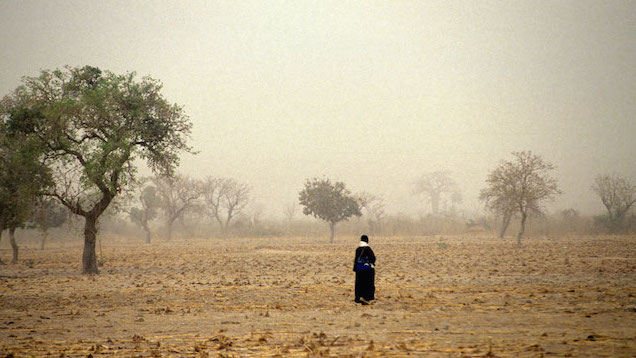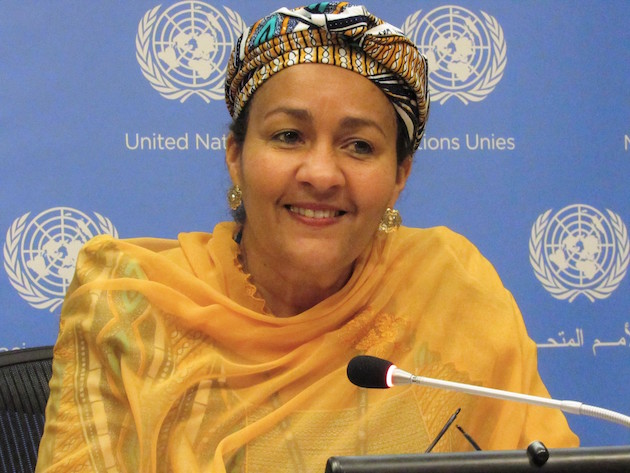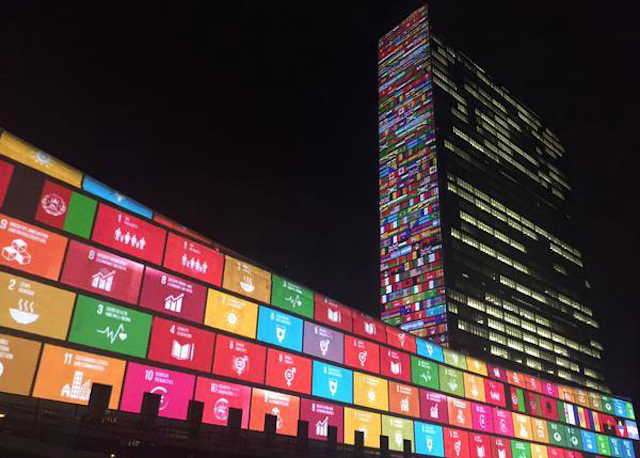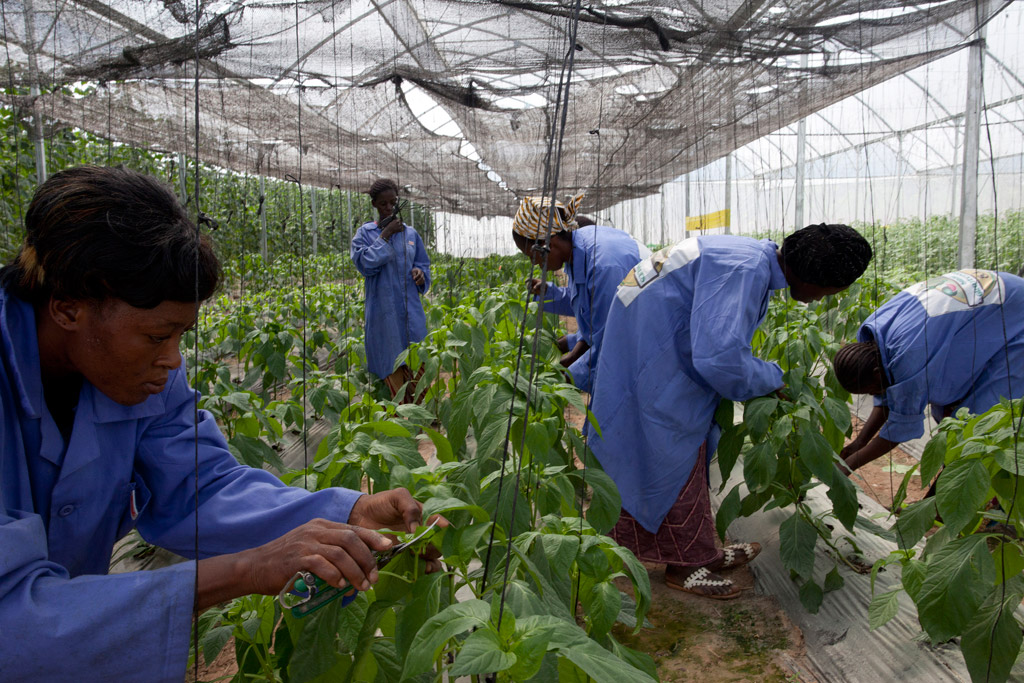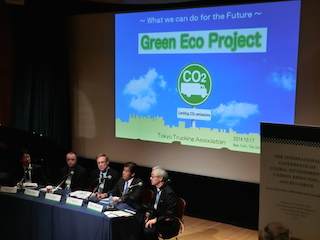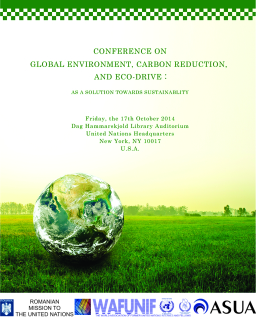By Valentina Gasbarri and Katsuhiro Asagiri | IDN-InDepth NewsAnalysis
NEW YORK (IDN) – As an American actor Leonardo DiCaprio, the newly appointed UN Messenger for Peace, warned some 120 heads of states at the UN Climate Summit on September 24, impacts of climate change and global warming have been perceived more dangerous and globally widespread and it has become the gravest existential threat to humanity. While he urged governments and industries to take an immediate and decisive actions to tackle this global issue, he stressed that protecting our future on this planet depends on “the conscious evolution of our species”.
Climate change is a problem requiring new and transformative solutions. In order to achieve the goal of sustainability, the role of public-policy makers, governments and international institutions as well as of the private sector and the academia is essential. Taking a cue from the United Nations, the first “International Conference on Global Environment, Carbon Reduction, and Eco-Drive as a solution towards sustainability” was held on October 17, 2014 at the United Nations Headquarters in New York. It was co-hosted by the World Association of Former United Nations Internes and Fellows (WAFUNIN), the ASUA Corporation of Japan and the Permanent Mission of Romania to the United Nations.

